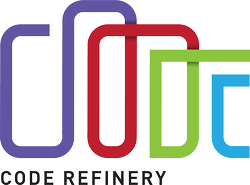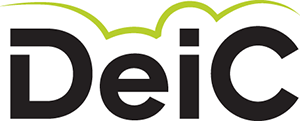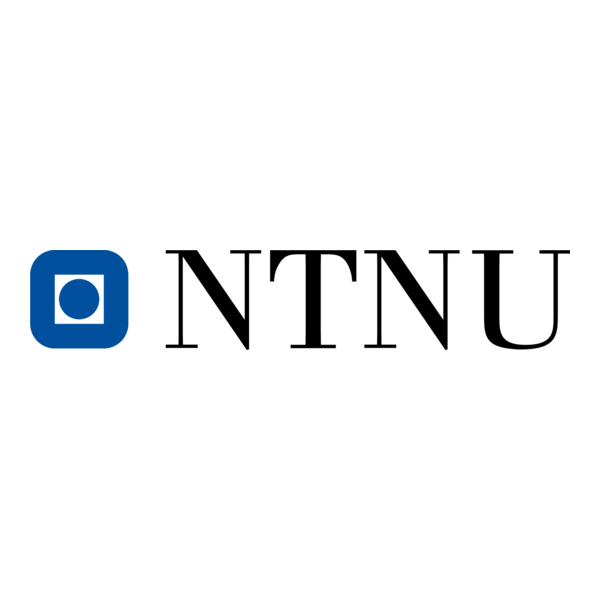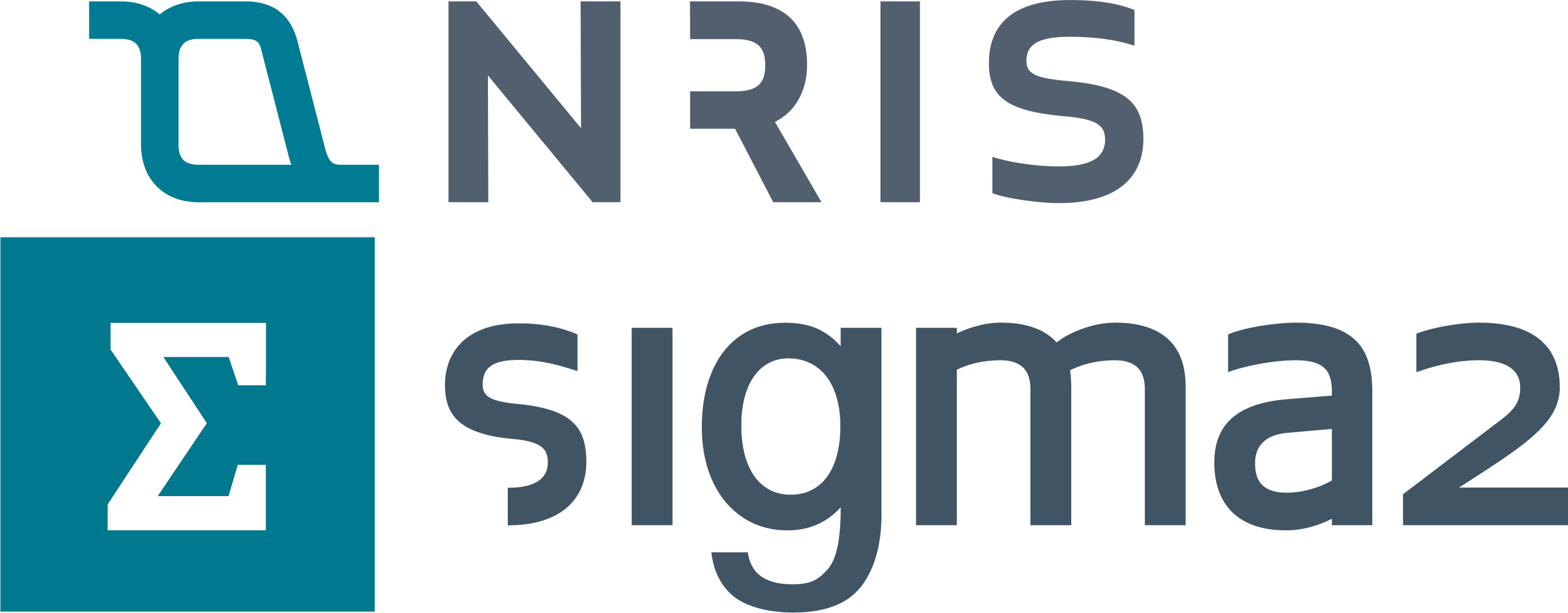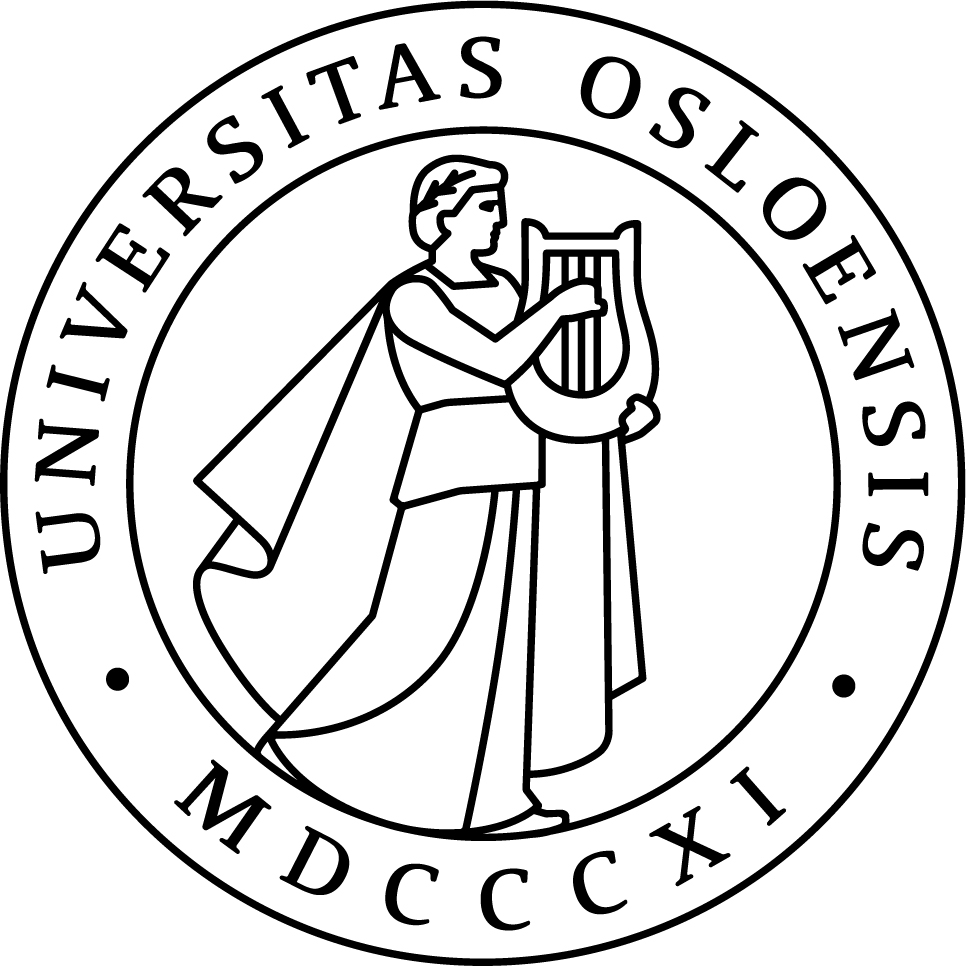Upcoming workshops and other news
- CodeRefinery tools workshop (online) - March 17-19 and 24-26 2026 (compact format)
- We have a short slideset about CodeRefinery which you can reuse in own presentations.
- Recently we recorded a Shell crash course which can be used as preparation for those who wish to follow the course using the command line.
- CodeRefinery stickers, patches and more: Goodies
- Get updates by signing up to our Newsletter
Recent workshops
- CodeRefinery tools workshop (online) - September 9-11 2025 + 6 following Wednesdays (new format)
- CodeRefinery tools workshop (Mar 25-27/Apr 1-3 2025)
- Python for Scientific Computing (online) (Nov 5-7, 2024).
- Build Systems Course and Hackathon (online) (Oct 8-11, 2024).
Become part of the team
Come and join our team. Let us create something amazing together!
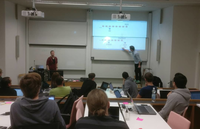
Training opportunities
We offer training opportunities to researchers from Nordic research groups (but we aim to expand beyond Nordics) to learn basic-to-advanced research computing skills and become confident in using state-of-the-art tools and practices from modern collaborative software engineering.
More ›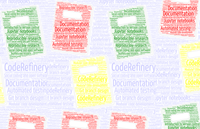
Lesson materials
We develop and maintain training material on software best practices for researchers that already write code. Our material addresses all academic disciplines and tries to be as programming language-independent as possible.
More ›
Code Repository Hosting
Our code repository hosting service is open and free for all researchers based in Nordic universities and research institutes and their collaborators.
More ›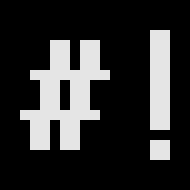
Research Software Hour
Online stream/show about scientific computing and research software. It is designed to provide the skills typically picked up via informal networks: we explore and discuss tools and how we program and compute.
More ›